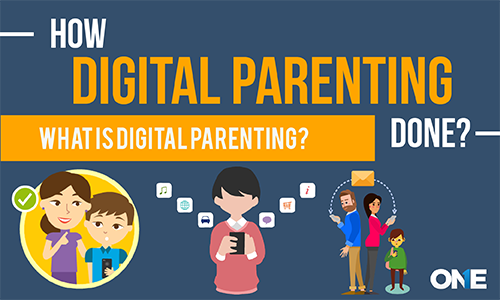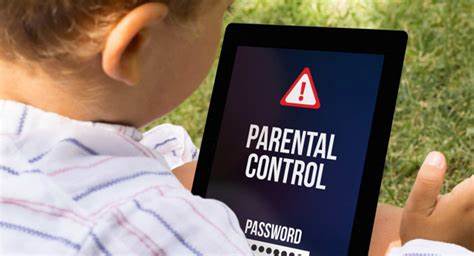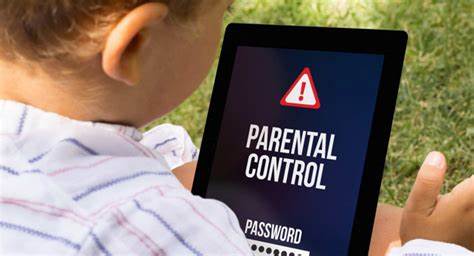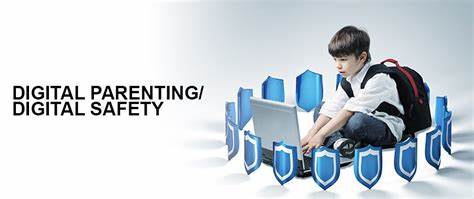INTRODUCTION
Parenting is one of the most rewarding, yet challenging, journeys in life. Every parent wants to raise happy, healthy, and well-adjusted children, but navigating the daily challenges of discipline, communication, and nurturing their emotional development can be overwhelming. With the right strategies and mindset, you can foster a loving, supportive environment that helps your child thrive. This comprehensive guide on positive parenting will provide you with actionable tips to help you build stronger connections with your kids and empower them to become confident, compassionate individuals.

What is Positive Parenting?
Positive parenting is an approach focused on fostering a strong bond between parent and child through open communication, mutual respect, and empathy. Instead of relying on fear-based discipline or punishment, positive parenting encourages teaching life skills through guidance, modeling appropriate behaviors, and building emotional intelligence. The goal is to create a nurturing environment where children feel valued, heard, and supported.

Practice Active Listening to Strengthen Communication
One of the cornerstones of positive parenting is effective communication. Active listening involves giving your child your full attention and validating their feelings. This helps children feel understood and promotes open communication.
Action Tip: When your child expresses their feelings or shares something important, avoid interrupting or offering immediate solutions. Instead, listen attentively, make eye contact, and show empathy by acknowledging their emotions with statements like, “I understand that you’re feeling upset.”

Set Clear and Consistent Boundaries
While positive parenting avoids harsh punishments, it doesn’t mean letting children run wild. Boundaries and rules are necessary for teaching self-discipline and responsibility. The key is to set clear expectations and enforce them consistently in a loving manner.
Action Tip: Communicate household rules in a way that your child can understand. For example, explain why bedtime is important for their health rather than simply saying, “Because I said so.” When enforcing boundaries, be consistent but compassionate, helping them learn the natural consequences of their actions.

Encourage Emotional Intelligence and Empathy
Teaching emotional intelligence helps children understand and manage their own emotions while developing empathy for others. Children who can identify and express their emotions in healthy ways are more likely to develop resilience and form positive relationships.
Action Tip: Encourage your child to name their emotions, whether they’re feeling happy, frustrated, or sad. Teach them that all emotions are valid, but how they respond to those emotions is important. You can also use role-playing to help them practice empathetic behavior, such as understanding how a friend might feel in a certain situation.

Use Positive Discipline Techniques
Positive discipline focuses on teaching rather than punishing. The idea is to help children understand the impact of their actions, encouraging them to make better choices in the future. Punitive measures, such as yelling or harsh consequences, can lead to resentment and fear rather than fostering growth.
Action Tip: Use natural consequences to teach lessons. For example, if your child refuses to wear a coat and gets cold, they will learn why you asked them to wear it. Offer guidance and support when discussing their behavior, emphasizing the lesson rather than the punishment.

Foster Independence and Responsibility
Children benefit from being given opportunities to develop independence and responsibility. Encouraging them to take on age-appropriate tasks fosters confidence and self-reliance.
Action Tip: Give your child responsibilities that align with their age and abilities. Younger children can help with simple tasks like setting the table, while older children can manage more complex responsibilities like taking care of a pet. Provide guidance and praise their efforts, even if the task isn’t completed perfectly.

Practice Patience and Model Positive Behavior
Children learn by observing the behavior of the adults around them. As a parent, your actions speak louder than words. Modeling patience, kindness, and respect helps your child learn these qualities organically.
Action Tip: When you feel frustrated or stressed, take a moment to calm down before responding to your child. By demonstrating how to handle emotions in a healthy way, you set a powerful example for your children to follow.

Prioritize Quality Time and Connection
Spending quality time with your child strengthens your bond and builds trust. Engaging in meaningful activities allows you to connect with your child on a deeper level, fostering emotional security and mutual respect.
Action Tip: Schedule regular one-on-one time with your child, free from distractions. Whether it’s reading together, playing a game, or simply talking, make this time about enjoying each other’s company and building positive memories.

Encourage a Growth Mindset
A growth mindset teaches children that they can improve their abilities and intelligence through effort and perseverance. This mindset helps them embrace challenges, view failures as opportunities for learning, and develop resilience.
Action Tip: Praise your child for their effort rather than their innate abilities. Instead of saying, “You’re so smart,” try, “I’m really proud of how hard you worked on this.” This encourages your child to focus on the process of learning rather than fearing failure.

Practice Self-Care as a Parent
Parenting is demanding, and it’s easy to feel drained if you’re constantly putting your child’s needs ahead of your own. Taking care of yourself not only helps you maintain your well-being, but it also sets an example for your children on the importance of self-care.
Action Tip: Make time for activities that help you recharge, whether it’s exercising, meditating, or spending time with friends. Don’t hesitate to ask for help when you need it, whether from a partner, family, or a support group.

Celebrate Small Wins and Milestones
Children thrive on positive reinforcement, and acknowledging their achievements, big or small, builds their confidence and self-esteem. Celebrating milestones—whether it’s learning to ride a bike or demonstrating kindness to a sibling—reinforces positive behavior.
Action Tip: Celebrate your child’s successes by recognizing their effort and progress, not just the outcome. A simple “I’m proud of how hard you worked on that” can go a long way in reinforcing positive behavior.

Final Thoughts: The Long-Term Impact of Positive Parenting
Parenting is a journey that evolves with time. The strategies you use today will shape your child’s future and influence their emotional and mental well-being. By adopting a positive parenting approach, you’re not only fostering a strong relationship with your child but also equipping them with the tools they need to navigate life’s challenges with confidence, empathy, and resilience.
No responses yet